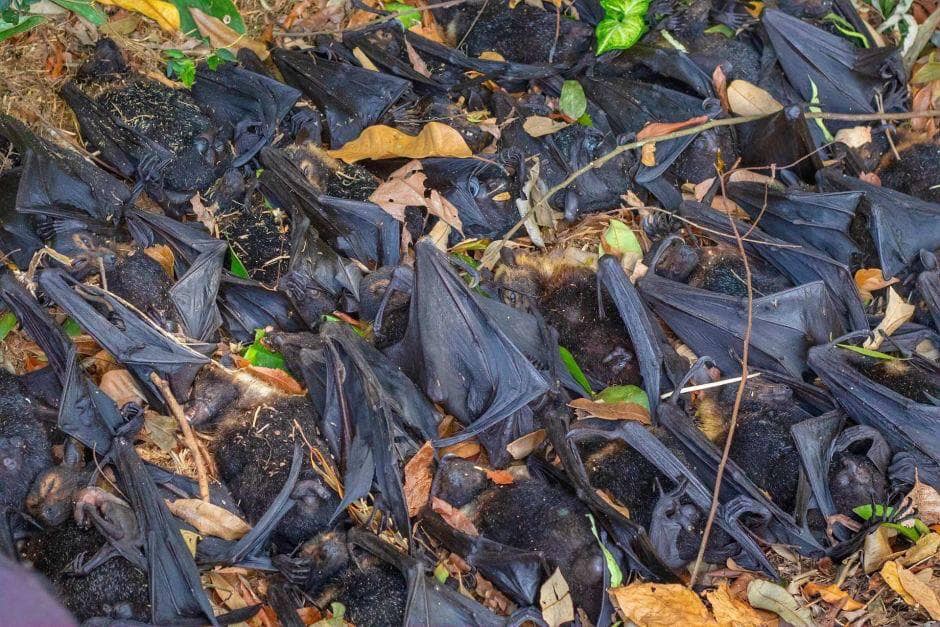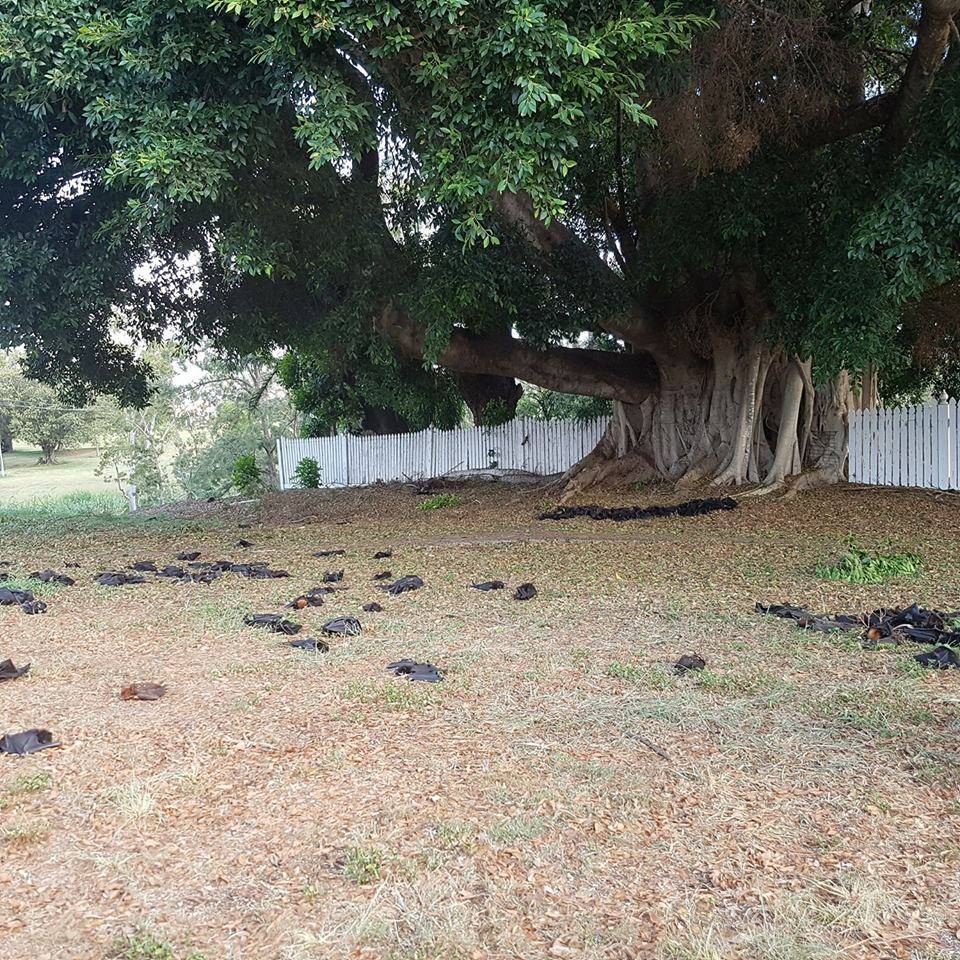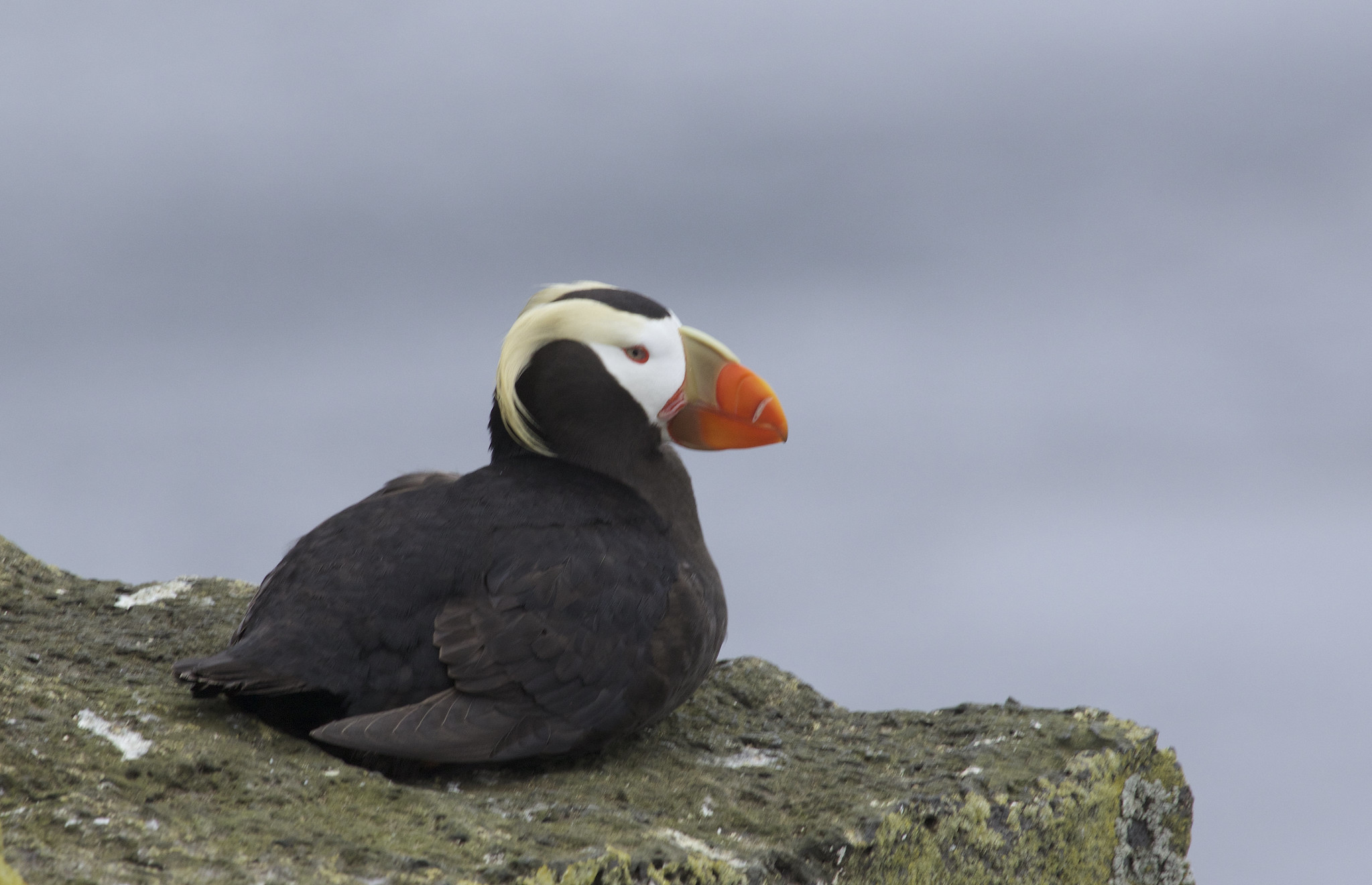Several places around the world have been experiencing unprecedented sweltering temperatures over the past few months.
But it isn't just people who are affected by the extreme weather -- animals are dying en masse in various places around the world due to extreme heat.
Monkeys dying in India
On June 8, 2019, India Today reported that a troop of 15 monkeys had died in Madhya Pradesh state.
A necropsy revealed that the suspected cause of death was heatstroke.
Temperatures in the state had increased to 46ºC, while several other parts of the country experienced temperatures of over 50 degrees.
Forest officers believed that the monkeys had fought with a rival troop over access to a water source but lost the fight eventually.
On June 1, temperatures in a city in the state of Rajasthan reportedly reached a high of 50.6ºC. This was close to the highest recorded temperature in India of 51ºC in 2016.
Due to the extreme heat, water bodies like lakes and rivers had dried up, resulting in water shortages in several cities.
Horses and bats dying in Australia
Further away in Australia, bats had been dropping dead due to the extreme heat last November.
In January earlier this year, BBC reported that the researchers concluded that 23,000 spectacled fruit bats died in a two-day November 2018 heatwave, which saw temperatures in the city of Cairns rise to 42.6ºC.
The bats, which are sensitive to temperature extremes, reportedly toppled out of trees into people's backyards after succumbing to the heat.
 Dead bats in Cairns. Photo from Save Foxes Now / FB
Dead bats in Cairns. Photo from Save Foxes Now / FB
 Dead bats littering the ground. Photo from Coraki News / FB
Dead bats littering the ground. Photo from Coraki News / FB
Researchers estimate that the death toll could actually reach 30,000, with the heatwave effectively reducing the 75,000-strong species population by a third.
Ecologist Justin Welbergen revealed that 10,000 individuals of another bat species—black flying foxes—died in the heatwave as well.
Welbergen stated that this phenomenon is merely an indicator of what's to come, adding that such heatwave events will likely intensify in the future.
"It is clear from the present data that these [heat] events are having a very serious impact on the species. And it's clear from climate change projections that this is set to escalate in the future."
In addition, another 40 wild horses were found dead near a dried-up waterhole in Alice Springs, a town near Adelaide in southern Australia, reported a separate BBC article.
Surviving horses were later culled as they were close to death.
The temperatures at north of Adelaide hit 49.5ºC in January, while those in Adelaide itself rose to a record-breaking 47.7ºC, 0.1 degrees higher than the previous record set in 1939.
Puffins dying off the Bering Sea
Even with their ability to fly away from danger, birds aren't safe from rising temperatures either.
From October 2016 to January 2017, between 3,150 and 8,500 tufted puffins washed up on the shores of Pribilofs Island dead.
 Photo from Gregory "Slobirdr" Smith / Flickr
Photo from Gregory "Slobirdr" Smith / Flickr
A recent study revealed that the mass die-off may have been climate-related, The Guardian reported on May 29, 2019.
Researchers believed that the deaths were indirectly linked to the increasing sea and atmospheric temperatures, and the vanishing of Arctic sea ice.
Due to warmer waters, fishes that the puffins prey on migrated to cooler waters, leaving the seabirds with reduced food resources.
The birds' carcasses were emaciated, which also pointed to starvation as the ultimate cause of death.
As more countries see sweltering heatwaves in a rapidly warming world, more records are likely to be broken and more living organisms are likely to suffer.
Director of National Oceanic and Atmospheric Administration (NOAA)'s Alaska Fisheries Science Center, Robert Foy, warned:
“Experts around the world expect that we will see more events such as these heat wave events. And the likely effect is... the potential for these large scale die-offs.”
Top photo from Vishal V. Hiremath's Photography / FB and Save Foxes Now / FB
If you like what you read, follow us on Facebook, Instagram, Twitter and Telegram to get the latest updates.
